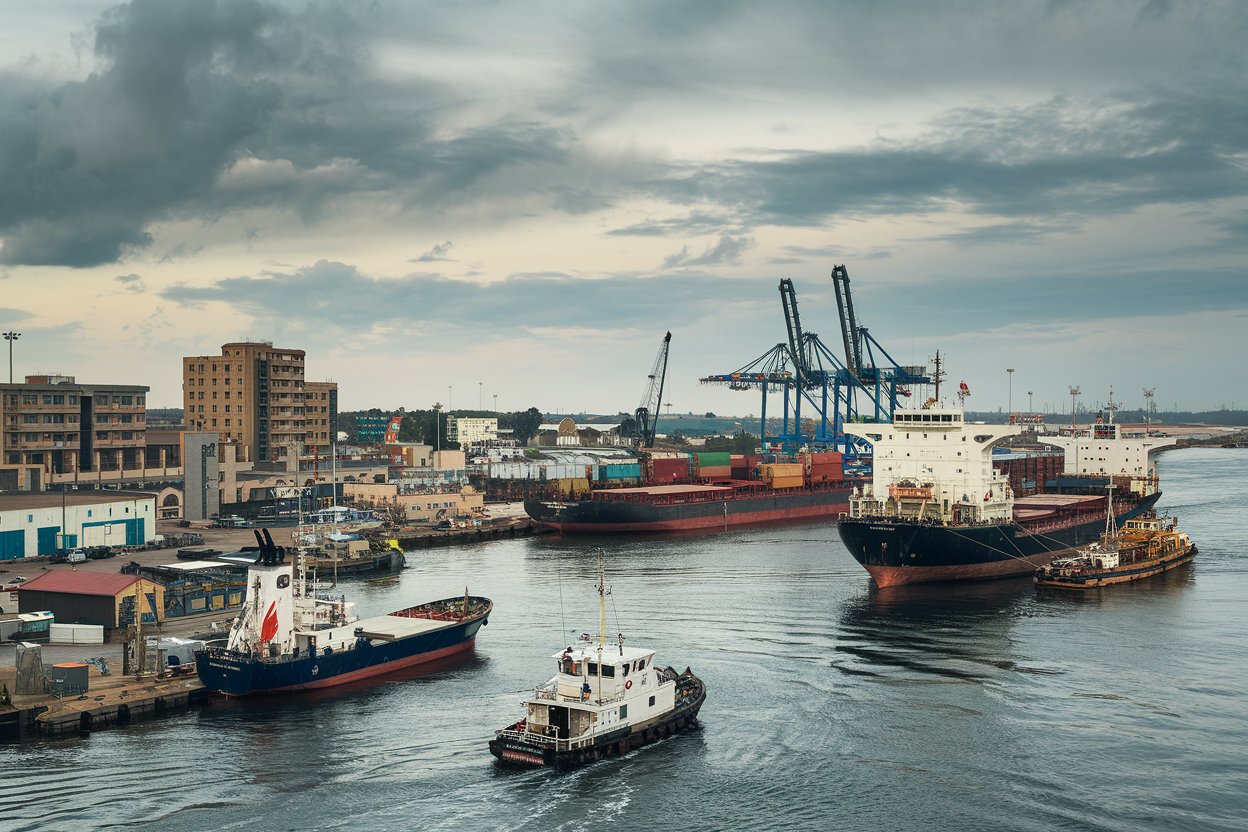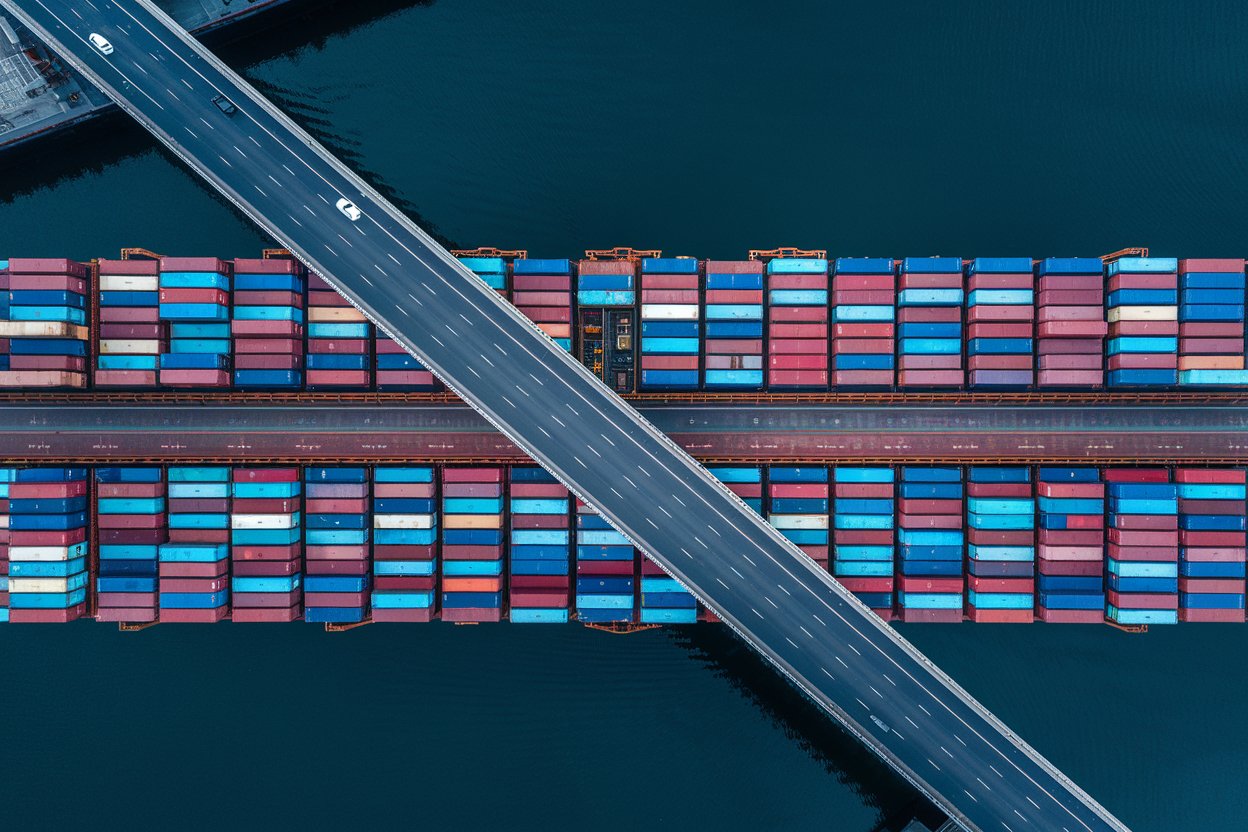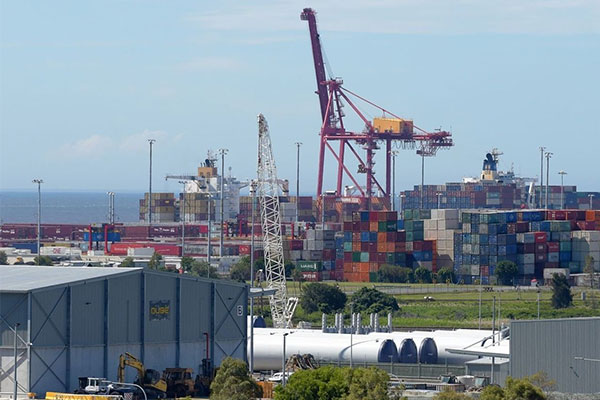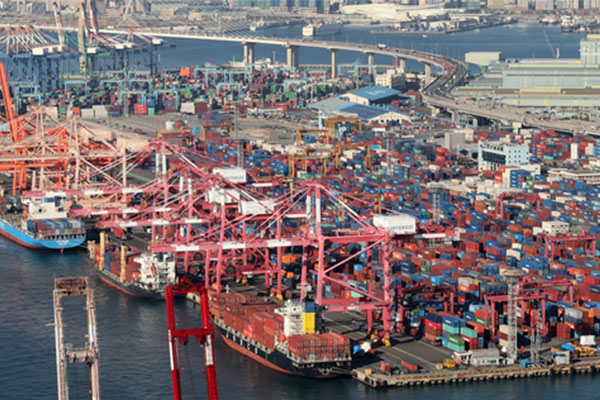- 20 Years of Expertise in Import & Export Solutions
- +86 139 1787 2118
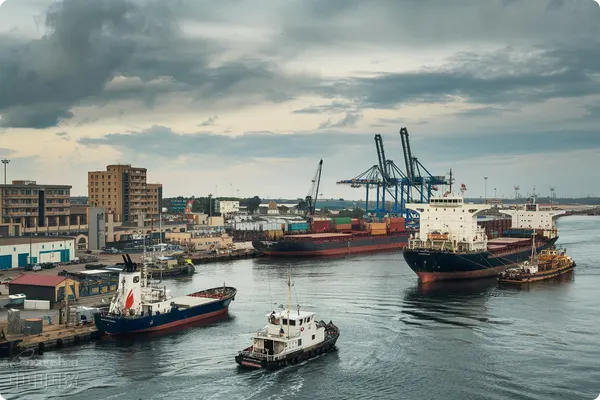
I. What legal qualifications does a customs brokerage agent need to have?
According to the latest revised "Administrative Regulations on the Filing of Customs Declaration Units" by the General Administration of Customs of China in 2024, a compliant agency company must meet the following conditions:
- Dual Filing Qualification: Simultaneously hold the "Customs Declaration Unit Filing Certificate" and the "?Import/export?Consignor/Consignee of Goods Filing Certificate"
- AEO certification level: Prioritize choosing enterprises that have passed the customs AEO advanced certification (can be verified on the China Customs Enterprise Import and Export Credit Information Publicity Platform)
- Industry-specific certifications: For example, an agent forMedical Devicesneeds to hold a "Medical Device Business License," and an agent for chemicals needs a dangerous goods transport qualification
II. How to judge the true service capabilities of a customs brokerage agent?
It is recommended to verify through three dimensions:
- Port coverage capability:
- Whether in-house customs declaration teams are established at major ports (Shanghai, Shenzhen, etc.)
- Operational experience in special supervision zones (bonded zones, free trade zones)
- Commodity category experience:
- Request a list of HS codes handled in the last 2 years
- For specific commodities (such as lithium batteries, food), special customs clearance cases need to be reviewed
- Emergency response mechanism: Rapid response process for a sudden increase in the inspection rate, and solutions for customs valuation disputes
III. What are the hidden traps in customs brokerage service quotes?
Industry research in 2025 shows that 53% of enterprises have encountered the following hidden charges:
- Surcharges outside of basic services: Such as EDI data transmission fees, manifest entry fees
- Exchange rate conversion difference: Some agents will charge a 0.5%-1% exchange rate adjustment fee
- Abnormal Situation Handling Fees: Amendment fees, deletion and re-declaration fees are not specified in the contract
It is recommended to ask the supplier to provide a "Detailed Fee Comparison Table," specifying the RMB settlement ratio and possible derivative fees.
IV. How to verify digital customs declaration capabilities?
Professional agents should possess:
- Customs System Integration Capability: Supports API integration with the Single Window and ERP systems
- Real-time status tracking: Visualized inquiry of customs declaration status and inspection progress
- Intelligent classification system: Application of AI commodity classification tools to reduce human error
You can request a demonstration of their digital customs platform, with a focus on checking the historical data retention and report generation functions.
V. How to divide responsibility in case of customs clearance delays?
It must be clearly stated in the contract:
- Timeliness of information transfer: Response time for document submission and supplementary material notifications
- Determination of fault liability: The party responsible for fines caused by classification errors or false declarations
- Compensation calculation standard: The compensation ratio for demurrage and detention fees
It is recommended to choose an enterprise that has purchasedfreight forwarder liability insurance, with a recommended coverage of no less than 2 million yuan.
VI. Which cooperation model is suitable for small and medium-sized enterprises?
According to customs statistics for 2025, the recommended plans for enterprises of different scales are:
- Monthly declaration volume < 20 shipments: Choose a per-shipment billing model to avoid idle costs from a tax-inclusive system
- Annual import/export value < 5 million: Prioritize local medium-sized agents to ensure service response speed
- Enterprises with mixed multi-category shipments: Require a dedicated commodity classification specialist and establish an enterprise-specific commodity database
It is recommended that enterprises3-stage screening method: First, verify the legal qualifications, then compare the service plans of more than 5 providers, and finally request an on-site inspection of the operating site. You can focus on observing whether their document archiving system is standardized and whether the customs team is certified, as this will directly affect the compliance and timeliness of the customs declaration.
Recommended for You
- 日本進(jìn)口食品與飲料,外貿(mào)流程全解析
- How to Operate Pure Export Agency? 2025 Latest Full Compliance Process Analysis
- Importing Game Consoles from Japan, How to Navigate the Foreign Trade Path?
- What Can an Export Agency Company Really Do for You? 10 Questions That Reveal the Industry's Truth
- How to Fill Out an Export Agency Certificate? What Information Absolutely Cannot Be Wrong? 2025 Latest Standards Q&A
? 2025. All Rights Reserved.

